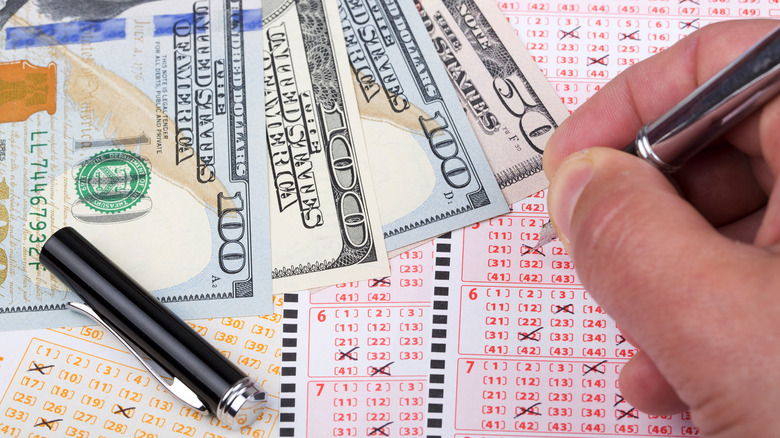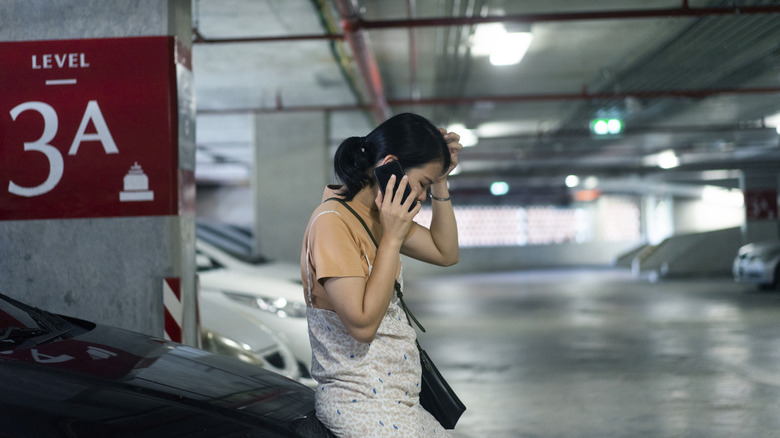How Long A Person Can Wait Before Claiming Their Lottery Prize Money
We may receive a commission on purchases made from links.
When your lottery ticket wins, your excitement should be matched by steps that need to be followed carefully. One of these is understanding the timeframe allowed to claim your prize. Generally, lottery rules establish a set period — 90 days to one year— within which winners must claim their winnings. This window is determined by state regulations where the ticket was purchased. The state gaming authorities established these to ensure lottery funds are distributed within a reasonable timeframe and to serve as an administrative convenience and safeguard the lottery's integrity.
The claim process is not merely a matter of presenting the winning ticket. It often requires completing specific forms, providing your identification(s), and sometimes undergoing a verification process. For those navigating this process, a detailed organizer can be invaluable. Consider using a document organizer like the 6200°F Fireproof Document Bag to keep all necessary paperwork safe and in order. Also, ensuring you have an advanced 2.0 Roller 3-Pack for Identity Theft Protection Stamp on hand can help secure your personal information as you fill out various forms.
The claim period might seem like just another detail in the lottery experience. However missing this deadline can result in forfeiting the prize entirely. As such, it is essential for winners to review the specific regulations of the jurisdiction in which the ticket was purchased immediately after confirming their win. If you haven't won the lottery before, here's how often you should buy lottery tickets for the best odds.
State-specific statutes
Lottery claim periods are not uniform across all states, rather it's dependent on factors such as the type of lottery game, the size of the prize, and whether it comes from a special draw or jackpot. For most standard lottery drawings, states enforce a claim period between 90 days and one year. Kentucky, Minnesota, and Iowa offer extended claim windows for certain scratch-off games.
However, some states extend this timeframe for larger jackpot prizes. For example, Georgia and North Carolina require jackpot claims within 180 days, while New Jersey, Pennsylvania, and California allow a full year. These winners are allowed an additional time to claim multi-state lottery jackpots like Powerball and Mega Millions.
Some states require that prizes above a certain amount be claimed in person at a lottery office, while smaller winnings may be redeemed at authorized retailers. Certain jurisdictions also allow lottery winners to remain anonymous, which can influence how and when they claim their winnings. In cases where a ticket is lost or damaged, some states allow you to verify the claim, but it must be made within the standard claim period.
Consequences of late claims
Each state has specific policies regarding the handling of unclaimed prizes, but the general rule is that the money is either returned to the lottery commission or it gets reallocated to state-funded initiatives. Some states use the money to increase jackpots, create second-chance drawings, or introduce special promotions, thereby encouraging continued lottery participation and ensuring that the funds remain within the lottery system.
States like Georgia and Texas handle unclaimed lottery winnings by redirecting the money to government programs, ensuring the funds are duly allocated to education, public health, and other essential services. Similarly, California directs a portion of unclaimed funds toward public education, reinforcing the lottery's role in benefiting the community. It is no surprise that some of these states have sold the most winning lottery tickets.
Unlike other financial assets, lottery winnings do not roll over to heirs or beneficiaries if left unclaimed, so a player missing the claim deadline means losing their prize entirely. Large unclaimed prizes often make headlines to make sure winners know they've won the lottery, while drawing attention to the importance of checking lottery tickets and understanding the rules for claiming winnings.


